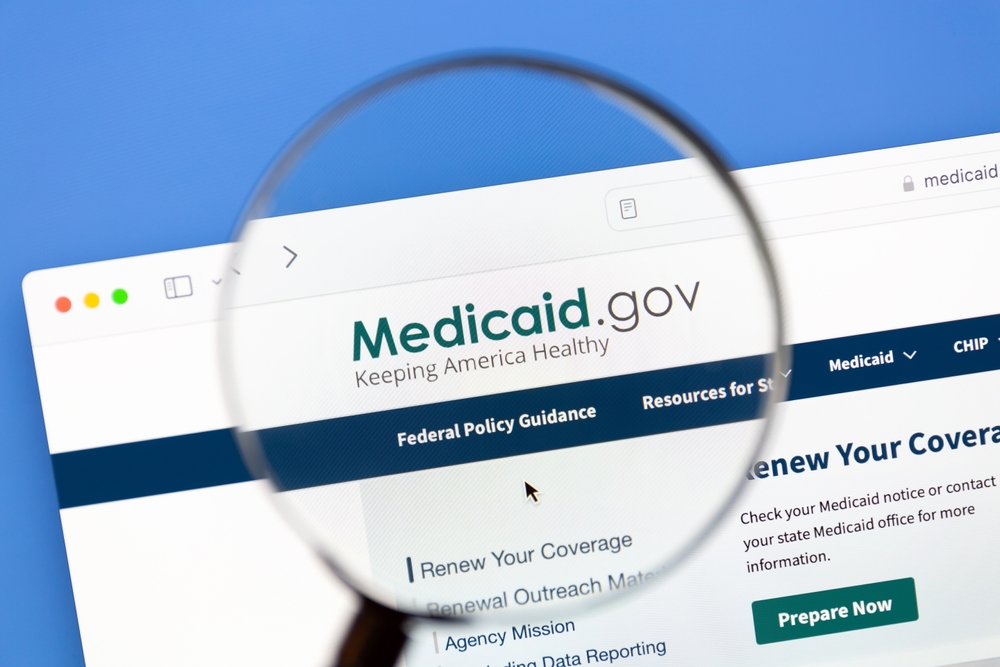Medicaid Meltdown: $880B Cuts Threaten U.S. Healthcare Safety Net
Medicaid is a government-funded healthcare program in the United States that provides medical coverage to low-income individuals and families, including children, the elderly, and people with disabilities. Established in 1965, it plays a critical role in the nation’s healthcare system, covering nearly 1 in 4 Americans and acting as a financial backbone for hospitals, nursing homes, and other providers. As debates over federal spending intensify, Medicaid often finds itself at the center of proposed budget cuts, raising major concerns about access to care and the future of public health infrastructure.
GOP Proposes Sweeping Medicaid Cuts
House Republicans have introduced a legislative proposal aiming to cut at least $880 billion from Medicaid over the next decade. This initiative is part of a broader $4.5 trillion tax and spending package aligned with former President Donald Trump's agenda. The proposed reductions primarily target Medicaid and Affordable Care Act provisions, intending to generate $1.5 trillion in savings to fund extensions of the 2017 Trump-era tax cuts.
Key elements of the proposal include stricter eligibility requirements, such as mandatory work, education, or service hours for able-bodied adult participants, and biannual verification of eligibility. Additionally, the plan seeks to freeze the use of provider taxes and enforce identity verification for recipients.
Potential Impact on Healthcare Access
The Congressional Budget Office estimates that these cuts would result in 8.6 million fewer people being covered by Medicaid over the next decade. Schools, hospitals, and health advocates warn that these changes could lead to coverage losses for millions, with a preliminary Congressional Budget Office estimate projecting 8.6 million fewer people covered over the next decade.
Hospitals, particularly in rural areas, may face significant financial pressures due to reduced Medicaid funding. Cuts to Medicaid spending could potentially accelerate the pace of hospital closures, including in rural areas.
Medicaid's Role in Healthcare Financing
Medicaid represents nearly $1 out of every $5 spent on healthcare in the U.S. and is a major source of financing for states to provide health coverage and long-term care for low-income residents. Reductions in Medicaid payments could strain healthcare providers, leading to decreased access to care for beneficiaries.
Physicians are generally less likely to serve patients covered by Medicaid than those with Medicare or private insurance. Lower Medicaid payment rates compared to Medicare and private insurance can discourage providers from accepting Medicaid patients, potentially limiting access to care.
Related: Aramco's Oil Empire: Unveiling the Secrets Behind the World's Most Powerful Energy Giant
Related: Qatar's $400M Jet Gift to Trump Sparks Outrage: Is This the New Air Force One?
Political and Public Response
The proposed Medicaid cuts have sparked significant political debate. U.S. Senator Josh Hawley from Missouri has warned that the Republican Party is undergoing an "identity crisis" over its stance toward working-class Americans, criticizing proposed deep cuts to Medicaid to fund the extension of Donald Trump's 2017 tax cuts.
Democrats strongly oppose the cuts, calling them a veiled attempt to dismantle Obamacare and warning of severe consequences for healthcare access. Healthcare providers and advocates express concern that the proposed changes could undermine the stability of the healthcare system and disproportionately affect vulnerable populations according to AP News.
As the debate over Medicaid funding continues, the potential consequences of the proposed cuts underscore the critical role Medicaid plays in the U.S. healthcare system. The outcome of this legislative proposal will have far-reaching implications for millions of Americans who rely on Medicaid for healthcare coverage and access.













